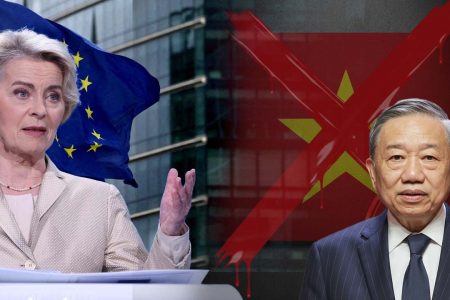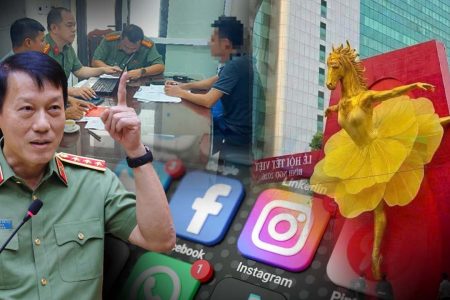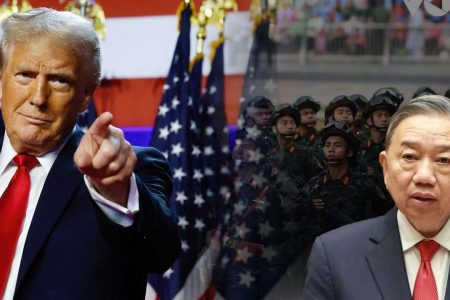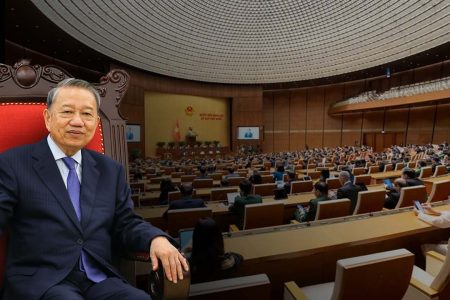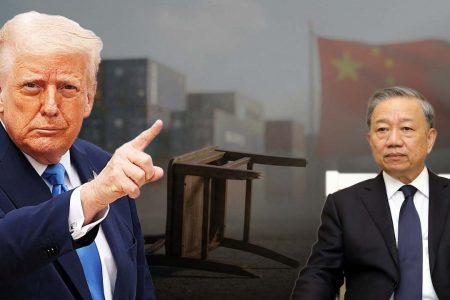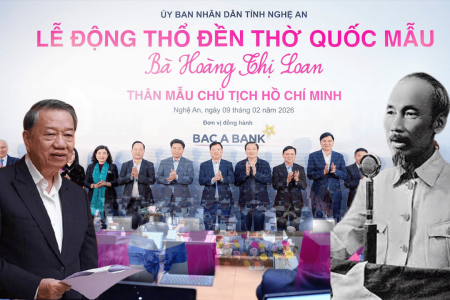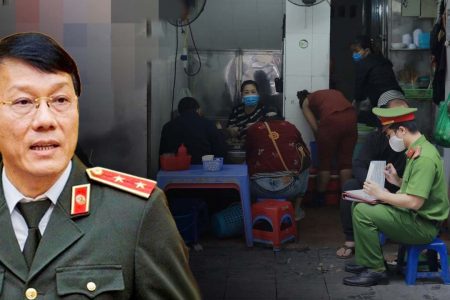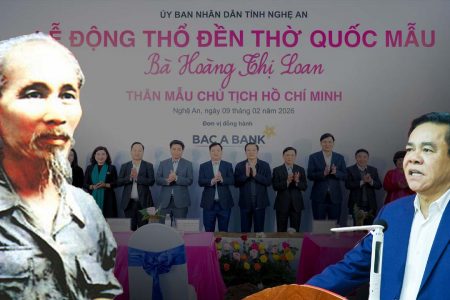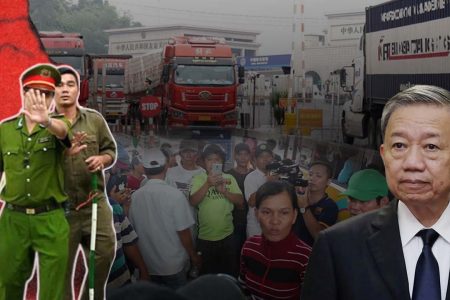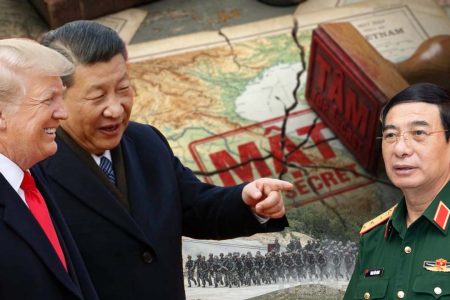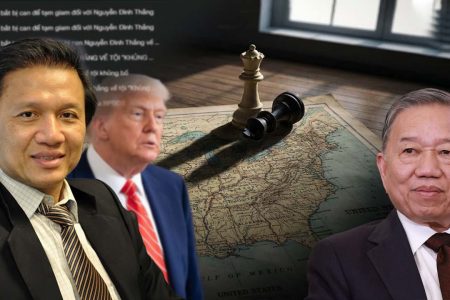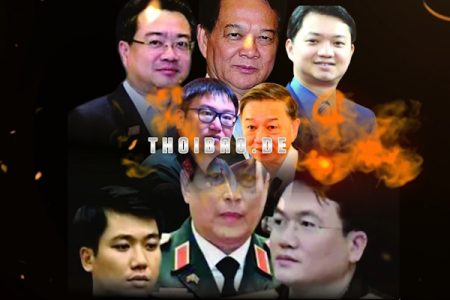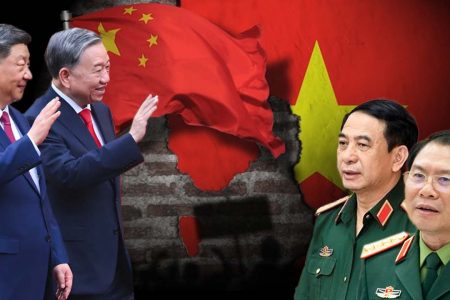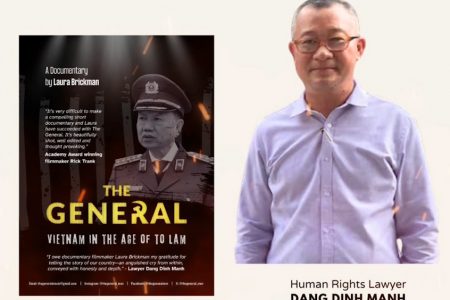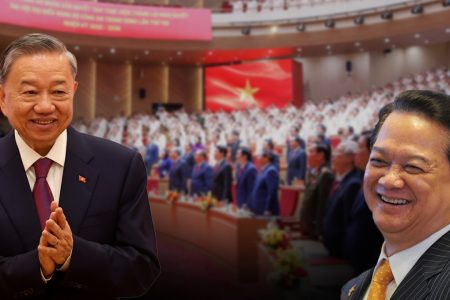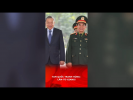November 17, 2025
In his directive speech at the national conference on the implementation of the election of legislators for the 16th National Assembly and People’s Councils for the upcoming term, General Secretary To Lam of the ruling Communist Party of Vietnam (CPV) emphasized the requirement to „resolutely prevent negative phenomena, prevent vote-buying and lobbying.“
This strong message was quickly reported and prominently featured by the state-controlled media, and considered a commitment to cleaning up the political environment before entering a new phase.
However, behind this strong appeal, public opinion is questioning: Why doesn’t To Lam himself, who is past the retirement age, proactively refuse the „special case“ position to set an example for others?

According to the regulations of the party, members of the Politburo and members of the Secretariat, etc., will not be allowed to be re-elected when they reach the age of 65, unless they are given special consideration.
Although this regulation was recently adjusted to 67 years old, even with the new standard, To Lam, born in 1957, is still over the allowed limit. Because by the opening day of the 14th Party National Congress in mid-January 2026, he will be 69 years old.
The fact that State President Luong Cuong, at the 14th Plenum of the party’s Central Committee, emphasized that „leaders who have reached the prescribed age should proactively request retirement“ further confirms this.
According to observers, this is a message considered a principled reminder, especially since the standards of „setting an example“ for leaders are always emphasized in party meetings. However, the fact that the incumbent General Secretary did not give a clear signal rejecting the „special case“ has sparked many conflicting analyses from different perspectives.
Some international experts monitoring Vietnamese politics have argued that the transfer of power in Vietnam, while often complex, requires a high degree of stability.
In the context of „unusual“ internal party fluctuations, the need to maintain continuity in leadership to ensure the „continuity“ of the leadership is paramount.
Furthermore, many opinions suggest that To Lam’s reluctance to step down is also due to the fact that the position of General Secretary is not only symbolic but also the central „mediator“ of various power groups.
If General Secretary To Lam is to leave according to the age limit regulations, it could lead to a power vacuum and subsequent „disruptions“ due to internal party conflicts without a leader powerful enough to handle them.
Therefore, the requirement to „set an example“ may not be the Party’s top priority, but rather the priority is given to internal stability and the balance between factions before the upcoming National Congress.
There are also analyses suggesting that being considered a „special case“ is not necessarily To Lam’s personal desire but rather the result of internal consensus, or at least a temporary compromise among various interest groups.
In the past, precedents for „special cases“ have been explained as necessary choices to ensure stability during crucial power transitions.
Therefore, the General Secretary’s failure to proactively refuse may not be a denial of the principle of setting an example, but rather an expression of a collective decision, even if not publicly disclosed. The above analysis shows that it is highly likely that General Secretary To Lam will continue to be proposed as a „special case“ at the 15th Plenum scheduled next month.
Because if To Lam is to voluntarily withdraw, it would immediately open up a period of unstable power transition within the ruling party?
Tra My – Thoibao.de



